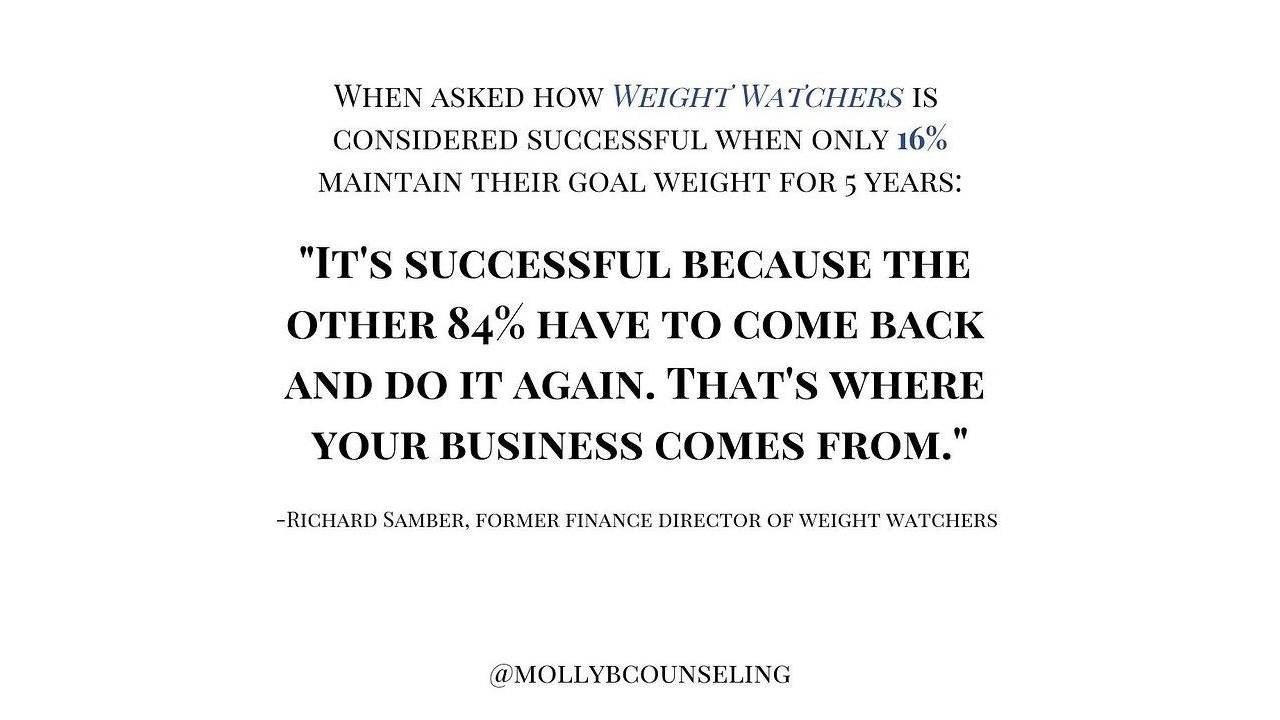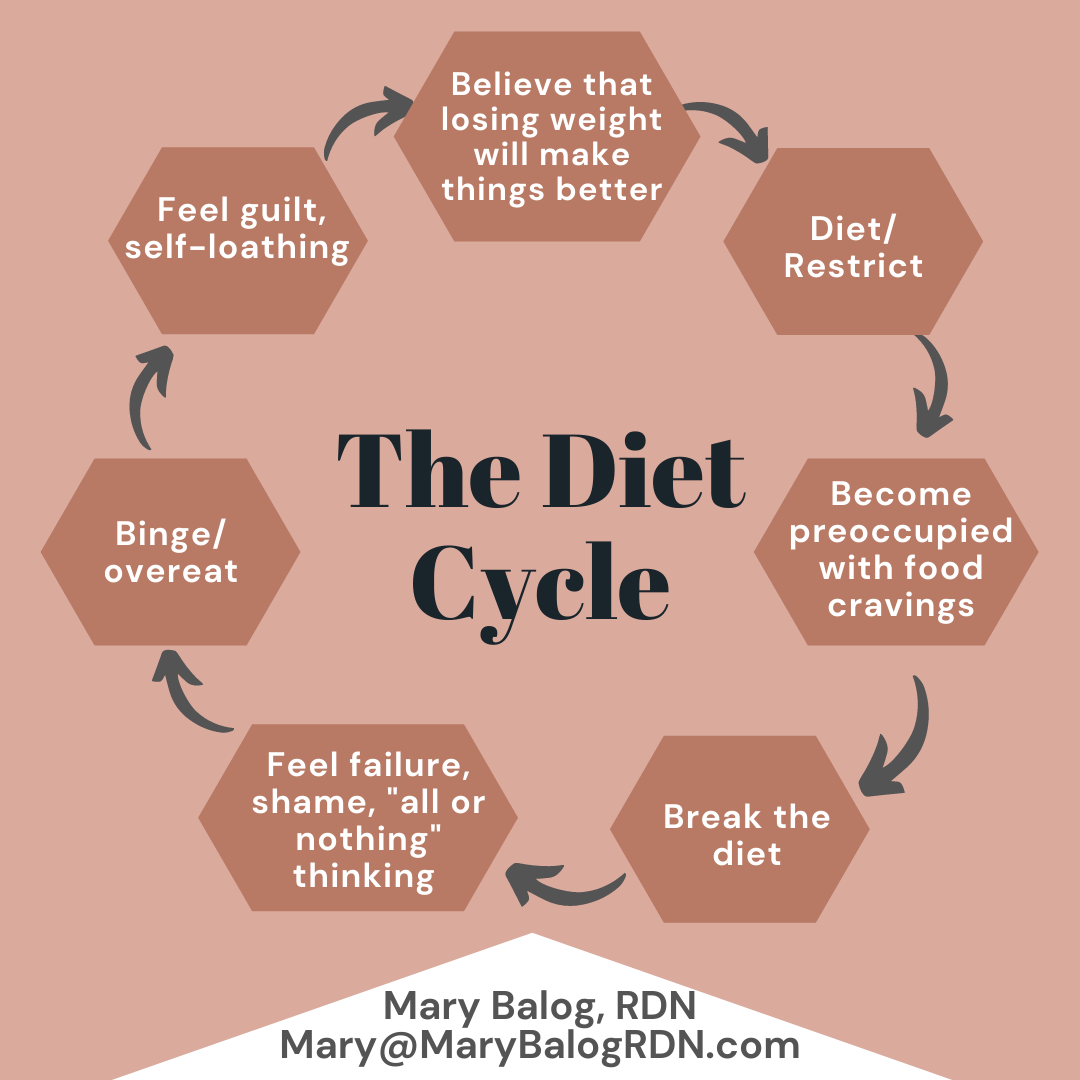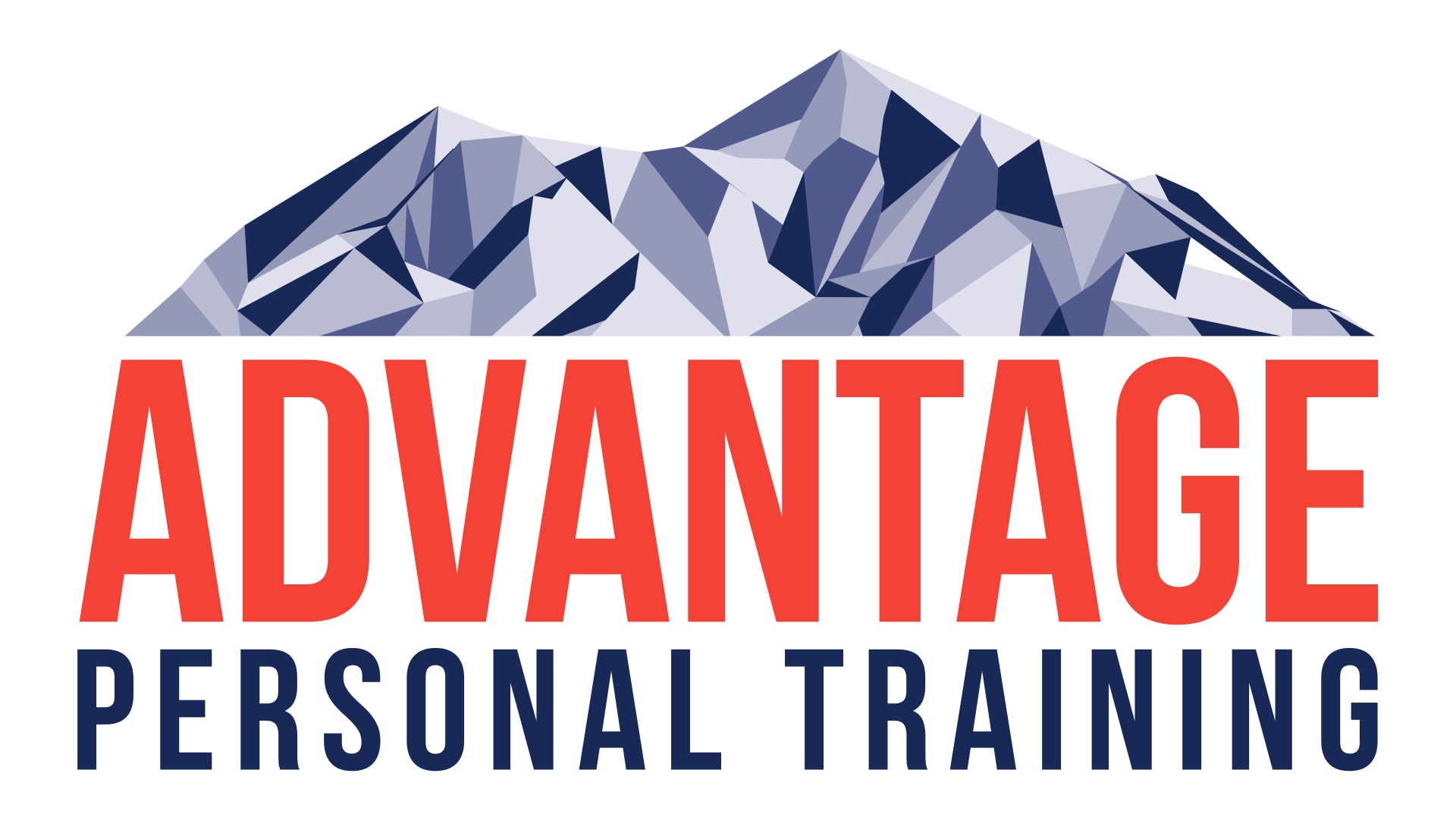Can you prevent a knee injury?
Excuse the blurriness..but your knees shouldn’t come together when you jump or land!
Let’s not say we didn’t see this before. Also, GROSS
It’s been predicted that upwards of 70% of all Anterior Cruciate Ligament (ACL) injuries are NON-CONTACT injuries. As a man who has had a non-contact ACL injury and repair, it is no walk in the park. You’re looking at surgery and 6+ months of rehab to get back on the field but really 12-18 months before being “normal” again. Last year, I was a subject in a study looking at quad strength in people who have had ACL repairs. The results show that nearly 14 years later, my ACL repaired leg is about 15% weaker than the opposite leg. This is also with mostly consistent training over the past 10 years.
I have some good news and I have some bad news. But since I’m a happy person let’s start off with the bad news and end on a good note.
Bad news: Some injuries can’t be prevented. Fact: There will always be some kind of catastrophic injury in sport. Think of Willis McGahee in the 2001 NCAA National Championship football game. If you’re not familiar with it and have a tough stomach, check it out. Come back to the blog after you pick your jaw up off of the floor.
Taking a helmet to the knee, rolling your ankle sliding into third base, diving for a pass and landing with your arms stretched out, and a blind side hit coming across center ice are all things that may not be preventable.
However, as many as 70% of ACL injuries occur in a non-contact situation. ACL tear is also one of the most common sports injuries that require surgery among teens and professional athletes.
Now for the good news: In a recently published meta-analysis (the granddaddy of all research) discussing ACL injury prevention training, it was determined that you CAN significantly reduce your chance of tearing your ACL. Of all the types of exercise you can do, this study shows that using strengthening and proximal control exercises can SIGNIFICANTLY reduce the incidences of ACL injury compared to those types of exercise that don’t include this type of training. Though this study didn’t bring men in as subjects, the results would likely carry over. Good training can decrease your odds of sustaining an non-contact injury.
Does this matter to you?
Do you play a sport, competitively or recreationally? Is your sport fitness? Do you like to run around with your kids?
Heck yes it does
If you add strength training and proprioceptive training to your sporting regimen you are less likely to end up in the stands watching your team/race/event go on without you. This basically can be summed up by saying: get stronger, learn to jump, land, and change directions and you can significantly decrease your chances of a non-contact ACL tear. ACL injury prevention is basically a good, solid training program that addresses weaknesses or asymmetries that you may have and programming ways of intelligently improving them.
The Functional Movement Screen (FMS) has also been shown to be a relatively good predictor of future injury in a number of different populations by identifying asymmetries, mobility deficits or weaknesses in your body’s movement system that can lead to injury down the line. The FMS can help point out issues to address during the design and implementation of your training program.
Let us help you create a plan to address any asymmetry, mobility deficit or weakness that you may have and keep you in your game.
References:
Specific exercise effects of preventive neuromuscular training intervention on anterior cruciate ligament injury risk reduction in young females: meta-analysis and subgroup analysis
Why Do Females Injure Their Knees Four to Six Times More Than Men…And What Can You Do About It?




Advantage Personal Training is an Ann Arbor based Family Oriented Gym, focusing on the training needs of individuals, small groups and youth athletes. Meet with a results-oriented personal trainer and put yourself on the path to a more active life!
SERVICES
CONTACT INFORMATION
Hours of Operation
Mon to Fri: 6:00 AM - 8:30 PM
Sat: 8:30 AM - 12:30 PM
Sun: CLOSED
All Rights Reserved | Advantage Personal Training




